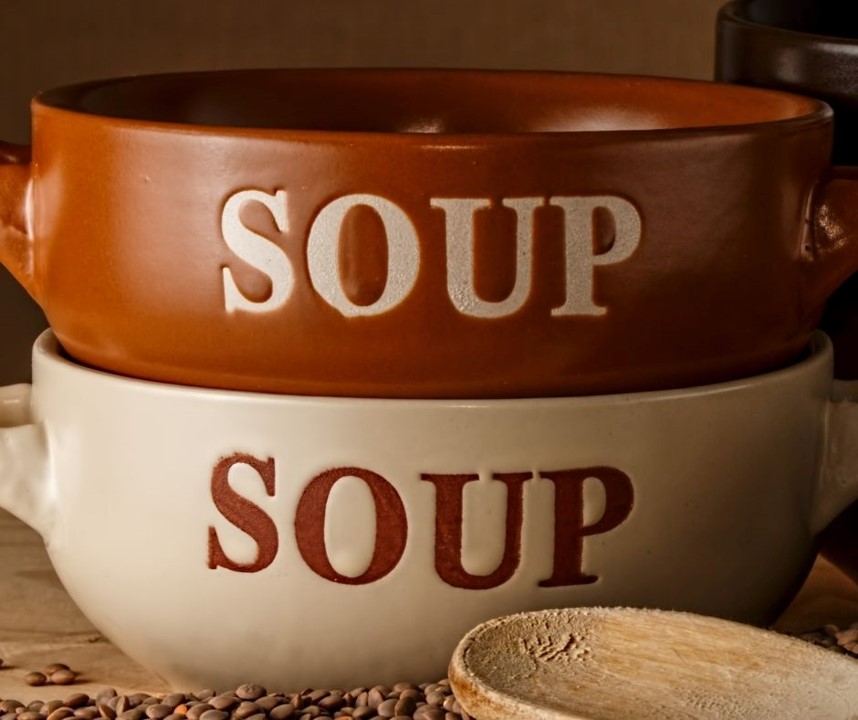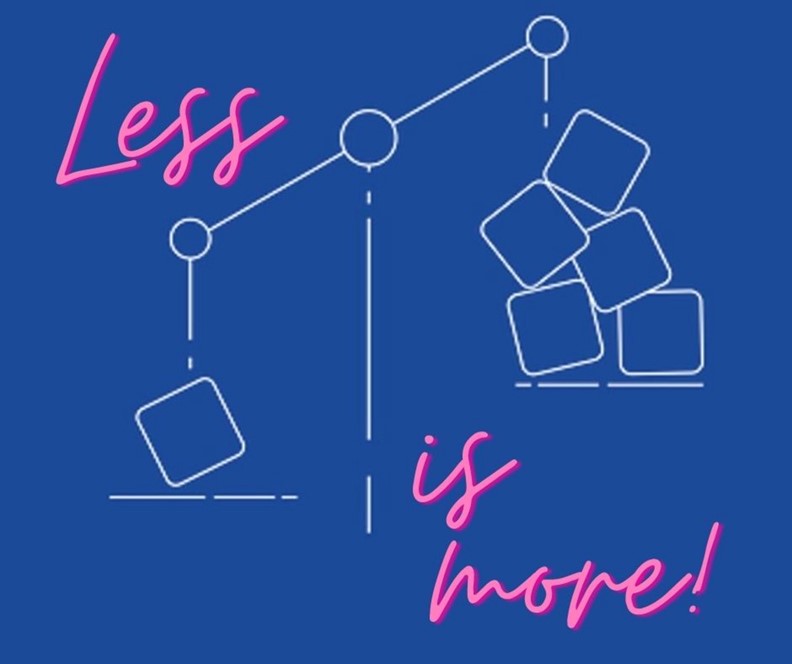 Well, Thanksgiving is in the books for another year. Thank you for all your lovely messages – they totally made my holiday that much more better!
Well, Thanksgiving is in the books for another year. Thank you for all your lovely messages – they totally made my holiday that much more better!
As one holiday recedes in the rear-view mirror, it’s time to tee up the next event. Yup – the winter holidays. This is the time of the year when people who know you play the harp come out (in droves) to ask you to play for their event.
If you’re gigging (or hoping to), I hope you get mobbed with requests and that your calendar is so full that the added ink makes it perceptibly heavier!
However, if you are not really interested in gigging, you are reticent to perform, or you’re a new harper not quite ready to get out there, it’s time to establish some boundaries!
If you haven’t experienced this before, people are typically hungry for entertainment – especially at the holidays. They would love to provide you an opportunity to share your gift. Typically, they don’t fully understand what they are asking of you. And if you are new or relatively inexperienced, you may not fully understand what they are asking either (this is another “don’t ask me how I know this” moment).
So, before we hit full holiday stride, you need to ask yourself a few questions. By the way, there are no right answers.
1. Do you have enough repertoire to perform? How long are they asking you to play? Do you have enough seasonal tunes to fill that time? Not have you learned enough – do you have enough music ready to perform? That doesn’t mean you can just practice them for that same amount of time – rather, can you entertainingly fill the time comfortably? As an example, for a half hour performance, I aim for at least 15 carols. Ok, actually I aim for closer to 20 because I like to be prepared for randomness! But remember that these tunes are short, so even three times through will only last about a minute and a half. If you have 15 of these, that will be about 23 minutes. There is also the phenomenon of time on stage, where although it feels like time is slowing down (probably due to terror!), it is instead speeding up (probably because your natural metronome (your heart) is racing!) so what usually takes 23 minutes now only needs 20 and leaves you wishing you had five more tunes.
2. Do you feel prepared to perform? After all, these tunes are really well known so each misstep, jazz variation, arrangement variance (other people might call them mistakes but we know better!) feels huge. Like a pimple on prom night, these are much worse to you than to your audience, but each one is easier to weather with experience. Remember that performing is nothing like practicing in your living room – even if you are performing in your living room! This shouldn’t surprise you – it’s just like running through tough conversations in the mirror while you brush your teeth – the real conversation never goes like your rehearsal! You want to be confident in the tunes you have and that you can weather any variances that crop up.
3. Why? Yup, WHY. Why would you say yes? If the answer is that you are eager to play the event, then go for it! But if the answer is that you don’t know how to say no, put down that tuning key! If you can’t give a heartfelt “YES!” then repeat after me, “No. Thank you, but no.” Don’t elaborate. Don’t dither. Don’t explain. Don’t make excuses. Just don’t. If you are of a mind to, you could pass along the contact information for someone you know does want to, but you are under no obligation to do that. A variation of this question is “Will doing this enhance my holiday season? Or will it distract me and stress me out?” Are you ok with the answer?
4. What is my time worth to me? Let’s be honest – there are a lot of people who will want you to play for free. Are you ok with that? Another way to phrase the question is “Do I like the requestor well enough to give them a gift of (your perceived value of) my time? Because that’s what it is. When you’re calculating your perceived value, remember that it includes not only the performing time but also the preparation time (which is not insignificant). Because in the end, if you didn’t want to say yes but you did, you’ve given a very dear gift to someone you don’t esteem as well. Only you will pay that price.
Whether you are just starting out or are a seasoned pro, set your boundaries now. Know the answers to your questions and give the right answer for you. If you are ready to say yes, your tunes should already be ready (BTW if, as you read this, you are thinking that maybe you should start now, just say “maybe next year”!). And if your answer is no – stick to it! Practice saying it – out loud if you need to. Focus on assuring that your holiday season is enjoyable and happy rather than focusing on making everyone else’s holidays entertaining while you twist in a stress knot!
Because you know that we’ll go through this again next year, you might also consider one additional question – How do you define being ready should you decide you’d like to be for next year?
And remember, how you spend your time is up to you. Don’t allow anyone josh, cajole, press, bully, beg, or persuade you into performing if you’re not interested. If you are completely uninterested in playing for others, I give you leave to use my line that you “only play for the cat and the curtains” (this is particularly jocular if you do not have a cat!).
Get out your metaphorical post hole digger, we have boundaries to establish! How will you do that? Let me know in the comments!



